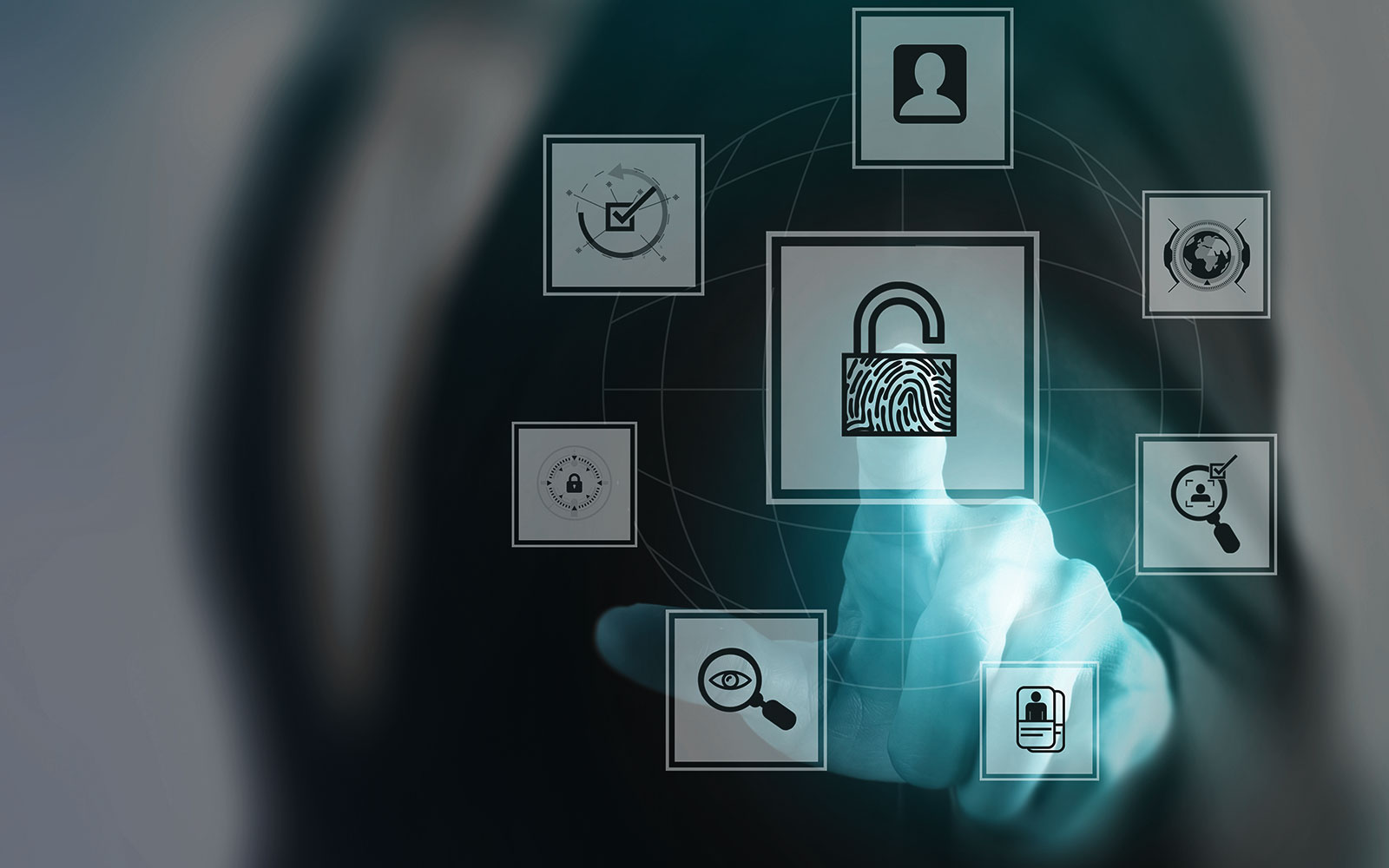In this blog post, we'll explore what InfoSec is, how it differs from IT and cybersecurity, and why it is absolutely crucial for businesses in our increasingly digital age.
Learn how Versetal can help you with your IT Ops


